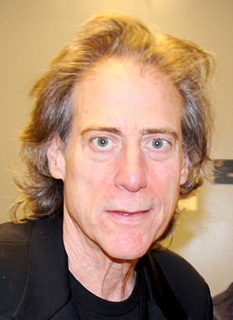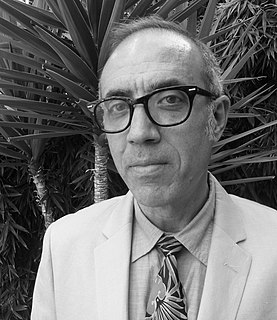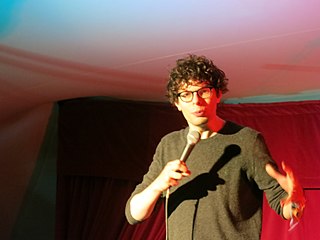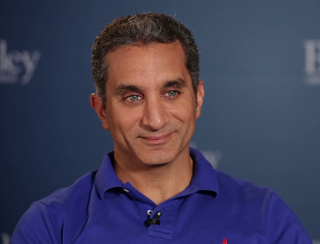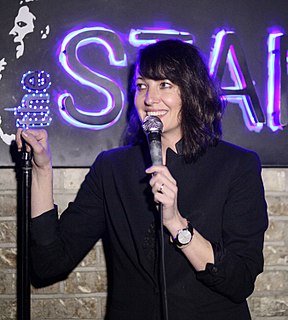A Quote by Bo Burnham
I know it's the comedian's instinct to say, "Do it, man, nothing's off-limits! It's cool, bro!" I don't know if that's the answer for me. "Do I really want to make a joke about a miscarriage when a woman in the audience might have had one?" I don't worship comedy; at the end of the day I don't fall to the altar of comedy unquestioningly.
Related Quotes
Here's the thing, with comedy - and I learned this from Will Ferrell - you can't be ashamed. If you're doing comedy, you have to fully commit to the joke. Shame is not part of it. If you act shy or uncomfortable about your body, that makes the audience shy and uncomfortable. And in a comedy you just want them to loosen up and laugh.
[on making the transition from the comedy "Mary Tyler Moore" (1970) to its dramatic spin-off series "Lou Grant" (1977)] We were really worried about changing over from a three-camera, half-hour comedy to a one-camera, full-hour drama. The audience wasn't ready for the switch - even CBS billed us in their promos as a comedy. In fact, the whole thing was impossible. But we didn't know that.
I get very confused about being called a comedian, because when you say 'I'm a comedian,' people expect you to crack a joke. Maybe I use laughter and humour to make people think. I don't know what you call that - a humourist? A satirist? A pessimistic comedian? I don't know. Satirists can be very dark.
I still don't really know what my style is. I like a lot of different kinds of comedy, I like watching it and I like being inventive and original. That's the problem with doing a longer set - you can't do every joke that you have because some stuff contradicts other stuff. Even when you know that the audience knows that you're joking and it's not true, you still can't do a joke about your family dying and then later talk about your Mom. I mean you want to keep some kind of cohesive order going.
That's one of the things about comedy that annoys me the most from a comedian perspective. Comedy has gotten so segregated. Now it's like if you don't agree with somebody, you probably aren't going to like their jokes. I think comedians are starting to write for their audience and not towards the country.


